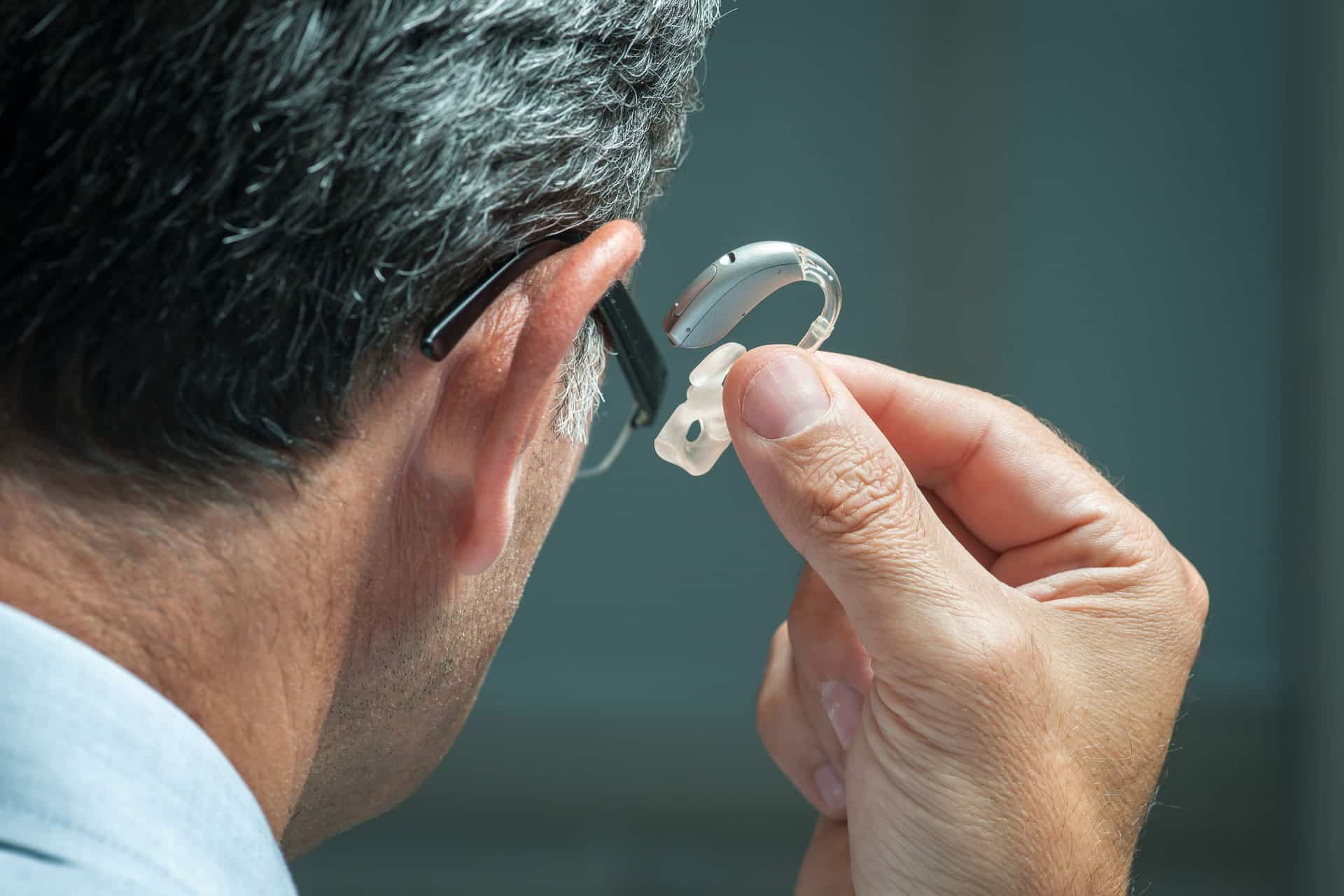Delivery in 2-3 working days
Hearing loss and depression:
A hidden connectionHearing loss and depression are common. But did you know that these two health problems can influence each other and in some cases even go hand in hand?
Read more about this topic, and where affected people can find support and treatment, below.
Hearing loss and the risk of depression: What the research shows
Several studies indicate that people with hearing loss are at increased risk for depression. One longitudinal study found that 30 percent of participants with untreated hearing problems had depression-like symptoms. The wide-ranging effects of this impairment, such as social withdrawal and stress, may be the cause.
The social withdrawal in hearing loss and its consequences
People with hearing loss often withdraw from conversations and social activities - a fact that is easy to understand. Just think how challenging it must be to follow a conversation when half the words remain unintelligible. These constant challenges can cause sufferers to develop feelings of isolation and loneliness, which in turn increases the risk for depression. In addition, this constant effort to understand the flow of communication can cause significant stress, contributing to exhaustion. The long-term effects of this combination of isolation, stress, and exhaustion can place a significant burden on mental health.
Stress, hearing loss and depression:
A vicious circle
The stress associated with hearing problems is an additional factor that increases the risk of depression. The ongoing struggle to decipher sounds and conversations creates significant pressure and consequently can increase the risk for depression. In addition, this ongoing stress can also impair cognitive performance, leading to further frustration and anxiety. The long-term effects of this stress not only worsen mental health, but can also affect the general well-being and quality of life of those affected.

Link between hearing loss, depression and dementia
The link between hearing loss, depression and dementia is a topic of growing importance in medical research. Each of these health problems is a significant burden in its own right, but research shows that they are often linked and can reinforce each other. For example, people with hearing loss are more likely to suffer from dementia. The exact causes of this link are not yet fully understood, but research suggests that the strain on the brain from constantly trying to decode sounds may contribute to these conditions.
How hearing aids can help
Hearing aids and hearing aids can make a significant difference. Not only do they improve hearing, but they can also help improve quality of life, reducing the risk of depression in people with hearing loss.
Advantages of hearing aids include:
Reduced sense of isolation:
Through improved contact and interaction with their surroundings, hearing aid users may experience a reduced sense of isolation, leading to greater participation in social life.
Improved understanding of conversations:
Hearing aids can provide improved understanding of conversations, making it easier to communicate and interact with others.
Less stress and effort while listening:
The use of hearing aids can significantly reduce stress and effort in hearing by improving auditory perception and reducing the constant effort to understand.
Improve overall quality of life:
Finally, hearing aids can help improve the overall quality of life by enhancing individual independence and enriching the experience of the acoustic environment.
TV hearing amplifiers such as the OSKAR from faller audio can also help to improve the quality of life of people with hearing problems.
The portable TV hearing aid was specially developed to help people understand the sound of the TV and especially speech on TV better again. Affected people can watch TV again at normal volume and together with other people, friends and family.
Taking the first step: A hearing assessment
If you or a loved one is experiencing symptoms of hearing loss and depression, the first step is to make an appointment with a hearing healthcare professional or doctor. These professionals can evaluate your hearing and determine if hearing aids are an appropriate solution for you.
A hearing care professional will assist you in selecting and fitting the most appropriate hearing aids, as well as providing long-term care and maintenance.
Recognizing depression and the path to treatment
Depression can often go undiagnosed, especially in older adults. It is important to recognize the symptoms and seek professional help. A psychiatrist or psychologist can help find the right treatment, which includes psychotherapy as well as medication.
Depression symptoms may include:
- Persistent sadness or dejection
- Loss of interest or pleasure in activities
- Difficulty sleeping or excessive sleepiness
- Changes in appetite or weight
- Feelings of worthlessness or excessive guilt
- Thoughts of death or suicide



